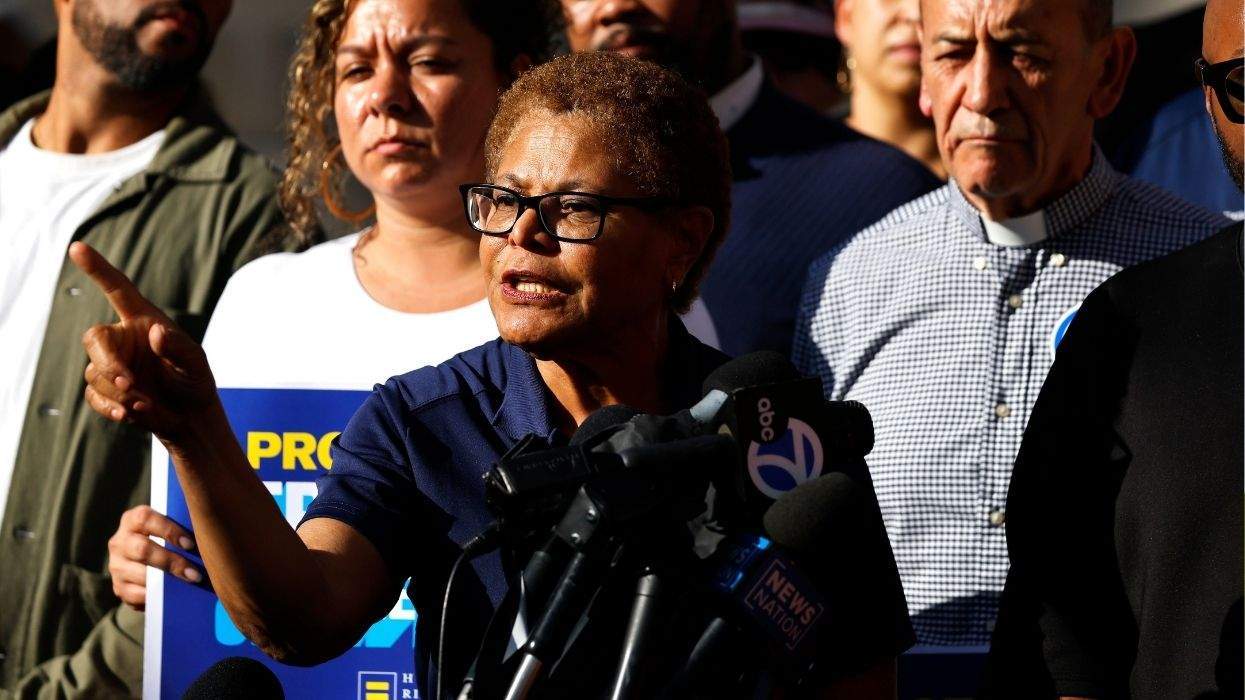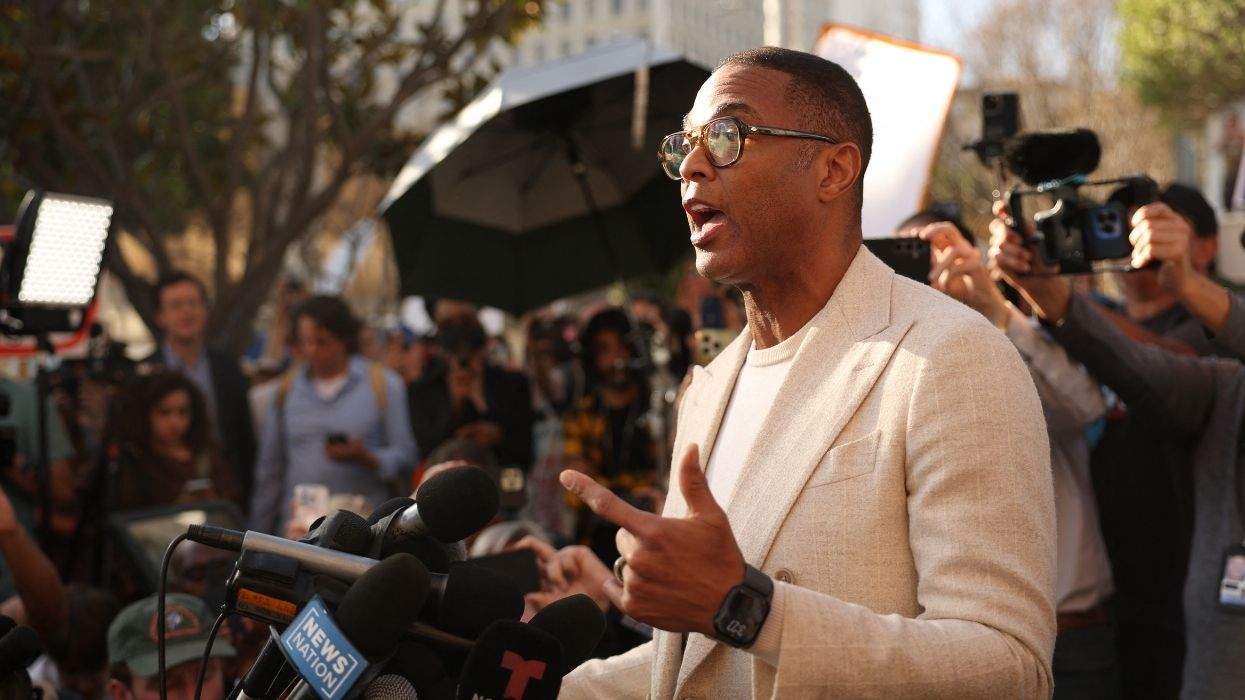Dictionary.com has released its "biggest update ever" by adding or modifying over 15,000 terms in its database in response to rapidly changing social movements, including Black Lives Matter and LGBTQ+ visibility.
"The unprecedented events of 2020, from the pandemic to the protests, have profoundly changed our lives -- and language," began an article explaining its 2020 update.
Dictionary.com implemented these changes as searches on its site surged this year for terms related to the killing of George Floyd and the responsive protests. "Change, no doubt, is a prevailing theme of 2020 -- and change is fundamental to the work of a dictionary," the article stated.
This year, many media outlets, including The Advocate, have capitalized Black in articles. Dictionary.com has followed suit. "Capitalizing Black confers the due dignity to the shared identity, culture, and history of Black people. It also aligns with the practice of using initial capital letters for many other ethnic groups and national identities, e.g., Hispanic," the resource explained.
By creating a separate entry for Black people from other meanings of "black," Dictionary.com also divorced the association to negative adjectives that can mean "wicked," which can have a deleterious impact on readers. "How words are entered into the dictionary -- especially words concerning our personal identities -- have real effects on real people in the real world," it declared.
"Capitalizing Black joins many other dictionary-wide efforts to put people, not practices, first, and ensure our definitions reflect -- and respect -- how people use language," Dictionary.com wrote.
Likewise, Dictionary.com made many changes and additions related to LGBTQ+ terms. For example, Pride is now capitalized and its own separate entry -- one that refers to the celebration of LGBTQ+ identity and events that raise the visibility of the community.
Dictionary.com has added a host of other LGBTQ+ terms, including ace, ambisextrous, asexual, biromantic, deadname, gender-inclusive, gender diversity, and trans+.
With input from GLAAD and the American Psychological Association, Dictionary.com also made sweeping changes regarding the terms "homosexual" and "homosexuality"; these "outmoded" words are now replaced with "gay," "gay man," "gay woman," or "gay sexual orientation" in definitions.
"The previously used terms, homosexual and homosexuality, originated as clinical language, and dictionaries have historically perceived such language as scientific and unbiased," Dictionary.com explained. "But homosexual and homosexuality are now associated with pathology, mental illness, and criminality, and so imply that being gay -- a normal way of being -- is sick, diseased, or wrong.
"We have also revised how we define words that use -sexual (bisexual, pansexual, etc.). Our definitions have updated the phrasing of 'romantically or sexually attracted to' to 'romantically, emotionally, or sexually attracted to.' For instance, our primary definition of bisexual is now: 'noting or relating to a person who is romantically, emotionally, or sexually attracted to both men and women, or to people of various gender identities.'"
Read the full update on Dictionary.com.















